Since 1992, the Jewish Foundation for the Righteous has been holding reunion ceremonies between Holocaust survivors and rescuers once a year. But the tradition is coming to an end, as many have died or are too frail to travel. What might be the last reunion of its kind took place when a 92-year-old woman met up with the two surviving family members that she helped hide during the Holocaust, and their descendants.
Sarah Yanai and Yossi Mor introduced Melpomeni Dina (nee Gianopoulou) to their almost 40 family members, all decedents of the Mordechai family, the family of seven that Dina and her two sisters hid during WWII. "There are no words to describe this feeling," Dina told the Jeruselum Post. "It is very emotional for us to be together again."
Before WWII, the Mordechai family ran a fashion store in Veria, Greece, where they also gave sewing lessons. They taught Dina's older sister, Efthimia Gianopoulou, who they refused to charge because she had been orphaned.
After WWII broke out and Greece surrendered to the Axis, the Mordechai family went into hiding. For a year, they lived in a cramped attic of an abandoned Turkish mosque and would receive regular visits from Efthimia.
RELATED: So few kids know about the Holocaust, Oregon had to pass a law requiring schools to teach about it
The space was poorly ventilated, giving the family health problems. Efthimia offered to let the family stay with her and her two teenage sisters in their single-room home. The sisters risked their lives to save the Mordechai family. They did so because, as Dina put it, it was "the right thing to do."
The family was reported to the authorities after six-year-old Shmuel became sick and was taken to the hospital, where he died. The Mordachais had to find another place to live, so the Gianopoulou sisters helped the family escape to the nearby Vermio mountains. They continued to give the family supplies.
"Church bells would be rung by locals when the Nazis were searching the mountains to warn us," Mor recalled. "One day, the bells just kept ringing and ringing – that was the day the war ended." After the war ended, the Mordechai family moved to Israel.
RELATED: He photographed Nazi atrocities and buried the negatives. The unearthed images are unforgettable.
Now 77, Mor was an infant when his family was in hiding. However, Dina's kindness has stayed with him. "They fed us, they gave us medicine, they gave us the protection, everything, they washed our clothes," Mor told the Associated Press. "She loved me very much."
"The risk they took upon themselves to take in an entire family knowing that it put them and everyone around them in danger," Yanai, who is now 86, told the Associated Press. "Look at all these around us. We are now a very large and happy family and it is all thanks to them saving us."
There is something so beautiful in knowing that there are those who will risk their lives to help their fellow man. It lets you know that, even during history's worst atrocities, some semblance of humanity remains in this world.











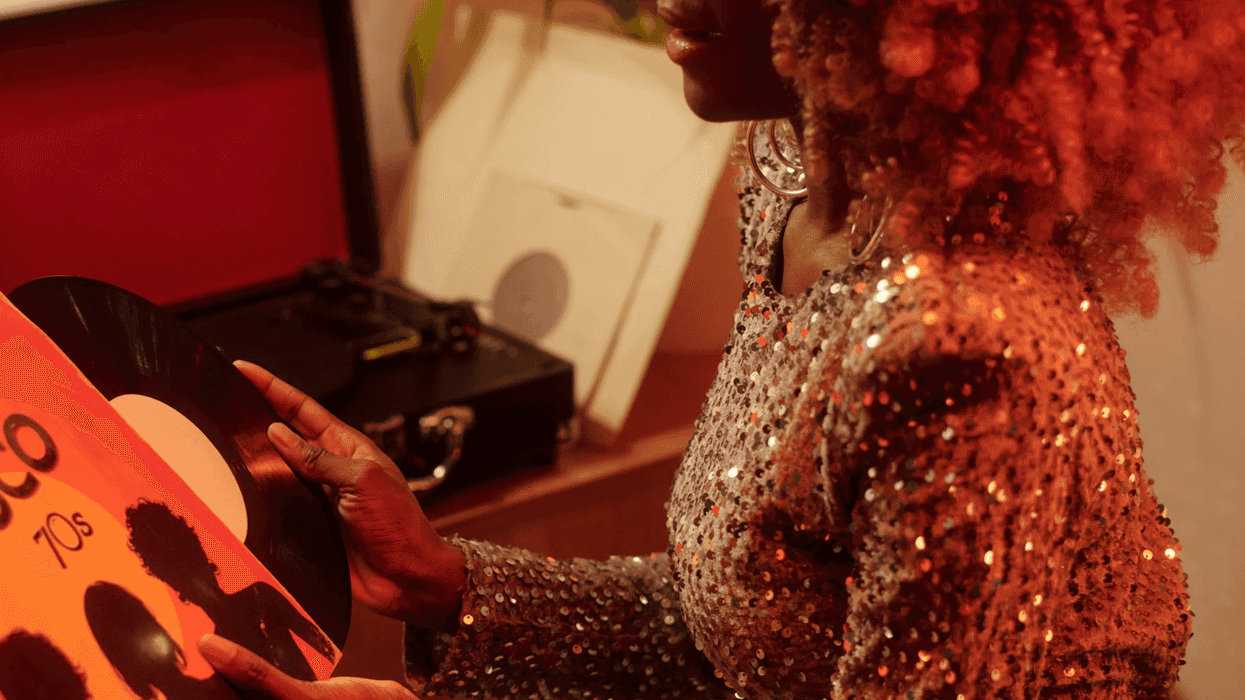




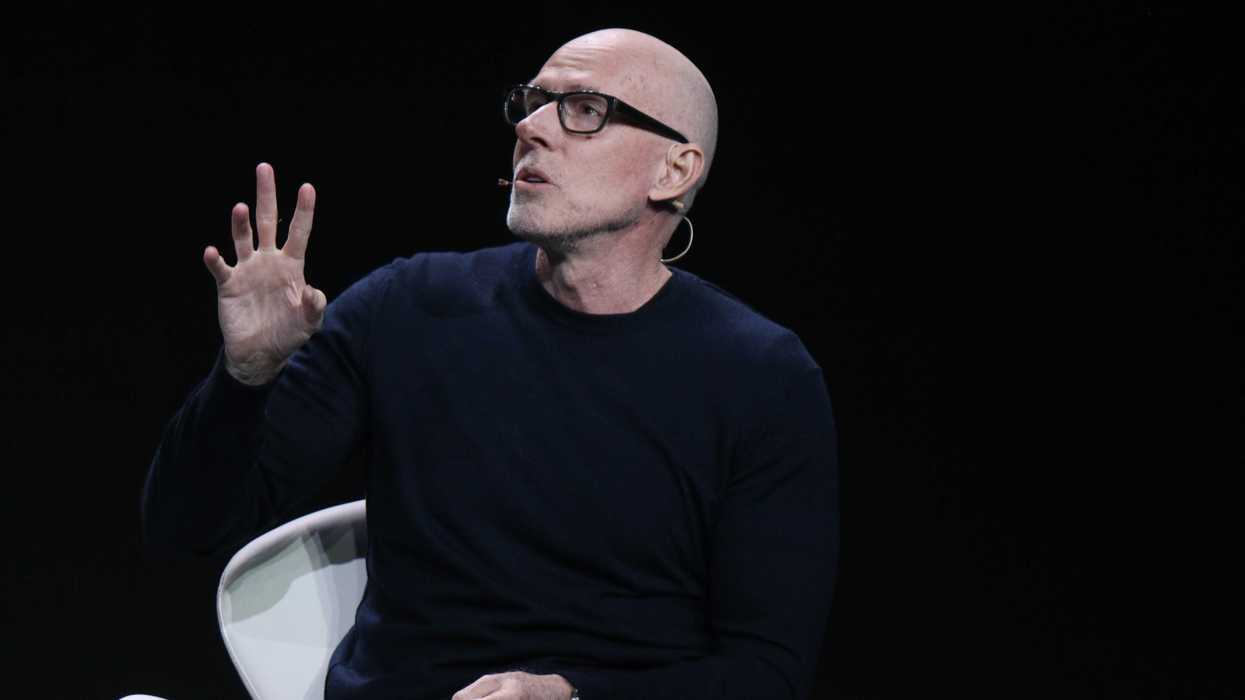 Scott Galloway in Barcelona in 2025.Photo credit: Xuthoria/
Scott Galloway in Barcelona in 2025.Photo credit: Xuthoria/ 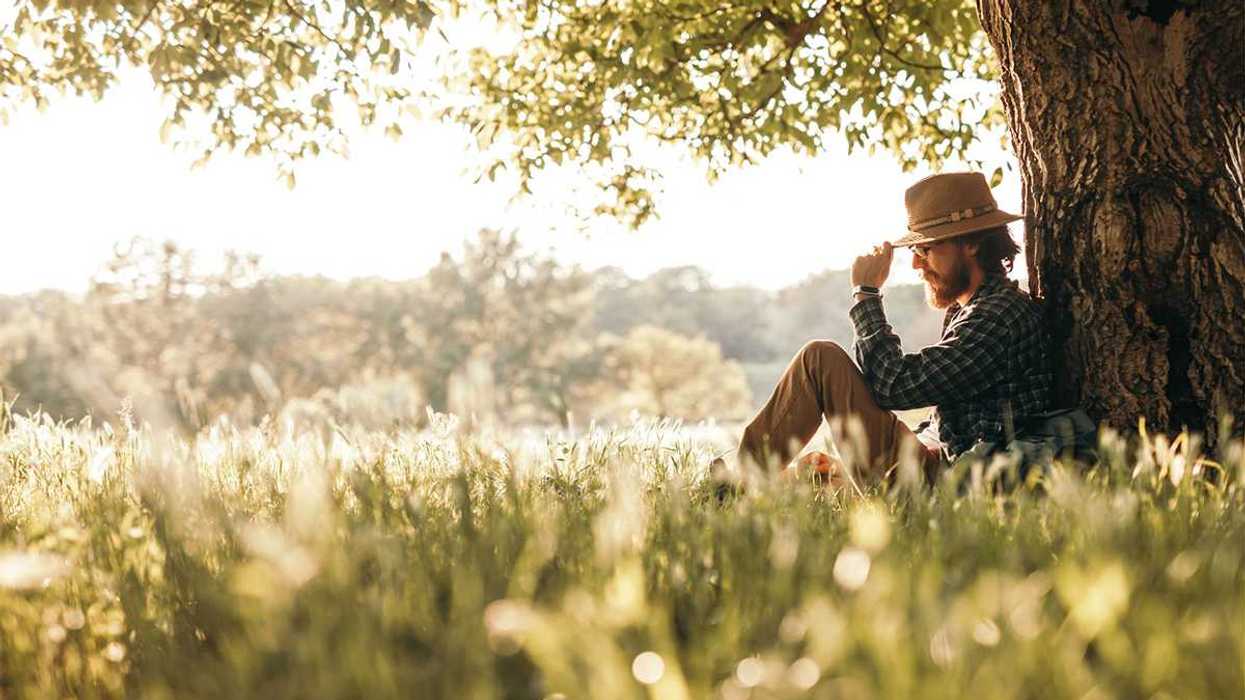 Resting in the shade of a tree.Photo credit:
Resting in the shade of a tree.Photo credit:  Two people thinking.Photo credit:
Two people thinking.Photo credit: 

 Female groundhog emerging from her burrow in late January.Stam Zervanos, Author provided
Female groundhog emerging from her burrow in late January.Stam Zervanos, Author provided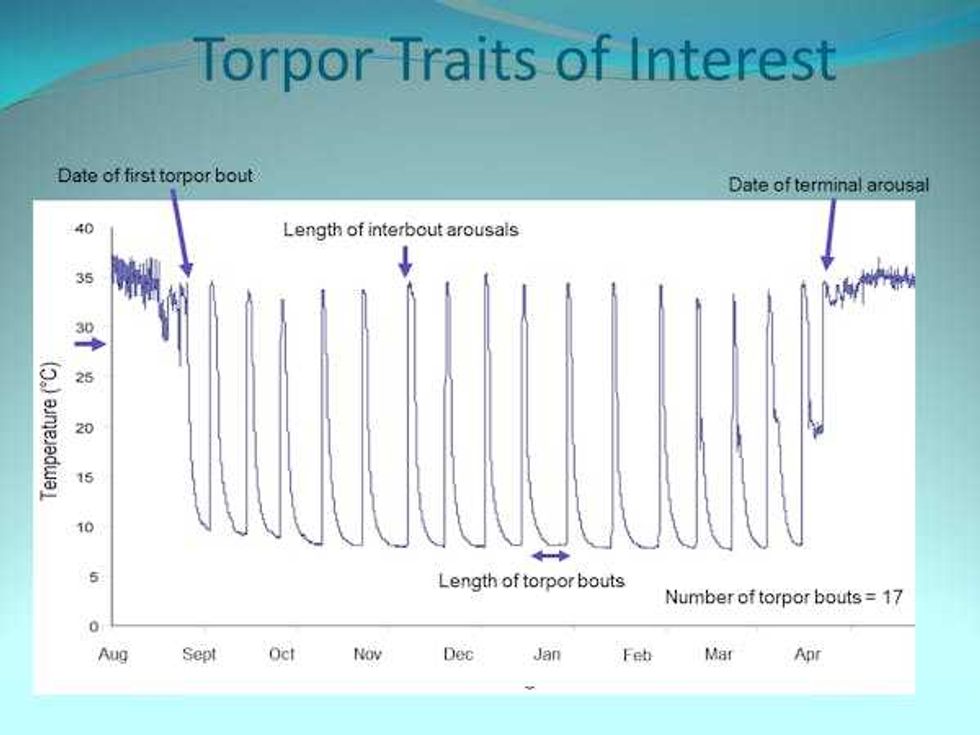 This Maine groundhog had 17 torpor bouts where body temperature went up and down.Stam Zervanos, Author provided
This Maine groundhog had 17 torpor bouts where body temperature went up and down.Stam Zervanos, Author provided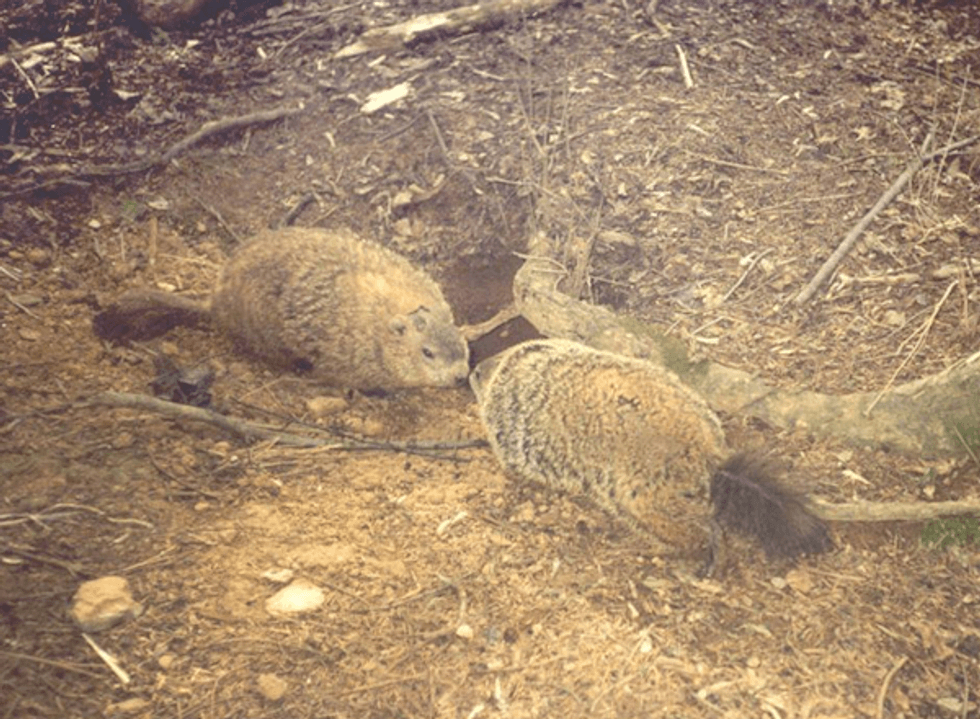 Male groundhog (on the right) greeting a female groundhog for the first time after they emerge from their separate burrows.Stam Zervanos, Author provided
Male groundhog (on the right) greeting a female groundhog for the first time after they emerge from their separate burrows.Stam Zervanos, Author provided
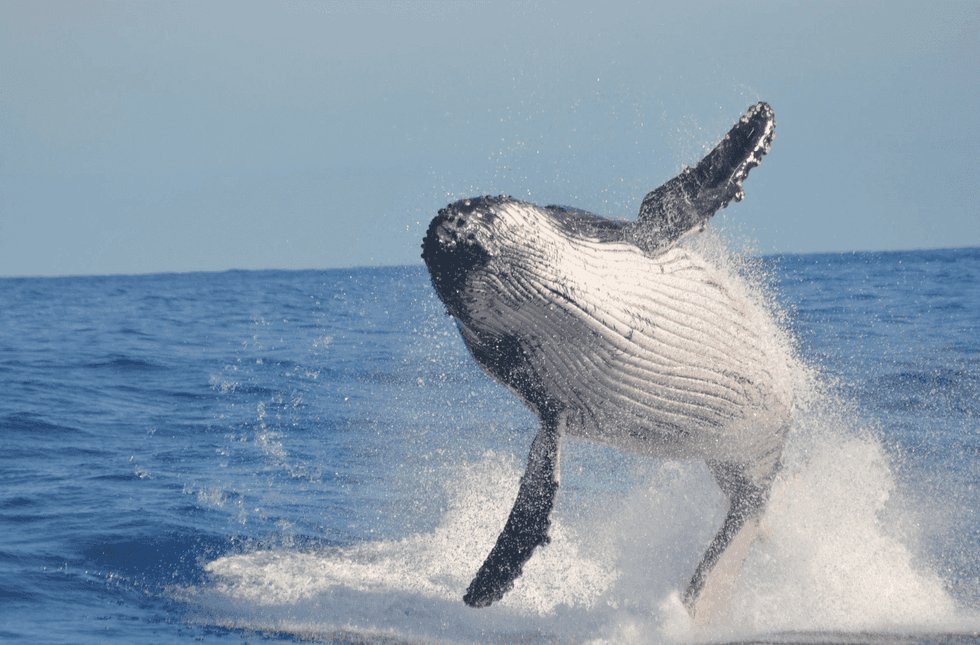 A beluga whale frolicking in the oceanCanva
A beluga whale frolicking in the oceanCanva 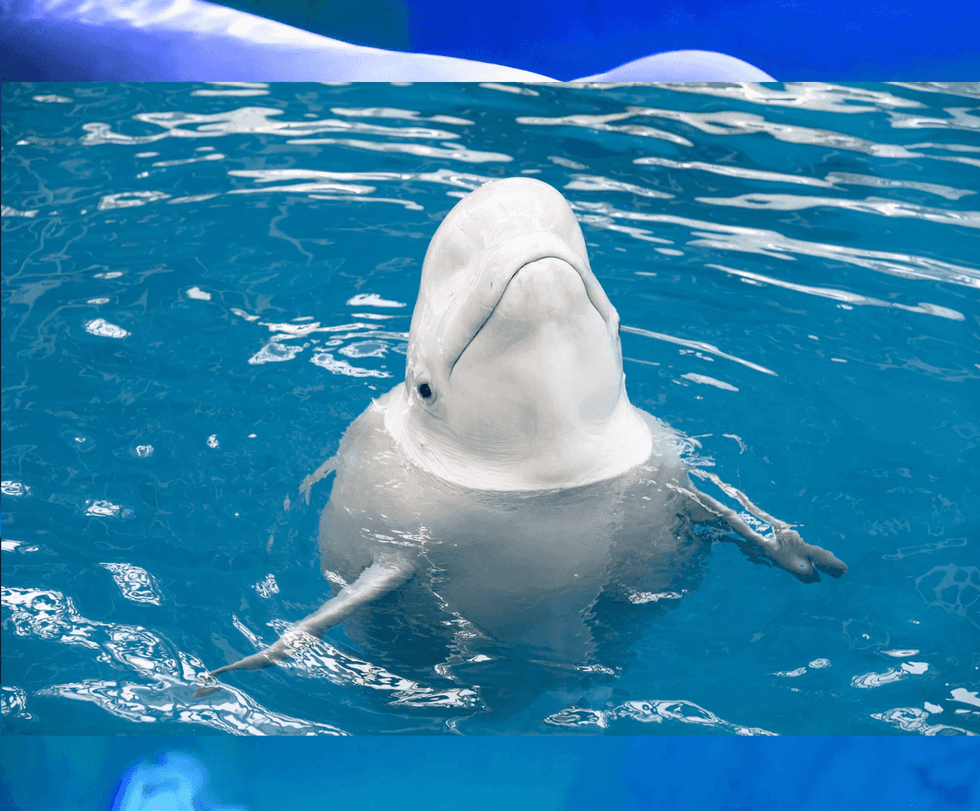 A beluga whale pops up from the waterCanva
A beluga whale pops up from the waterCanva 
 A woman sits in a new car at a dealershipCanva
A woman sits in a new car at a dealershipCanva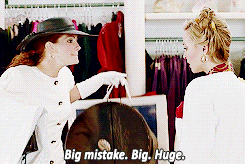 GIf from 'Pretty Woman' of Roberts saying "BIg mistake. Big. Huge." via
GIf from 'Pretty Woman' of Roberts saying "BIg mistake. Big. Huge." via 
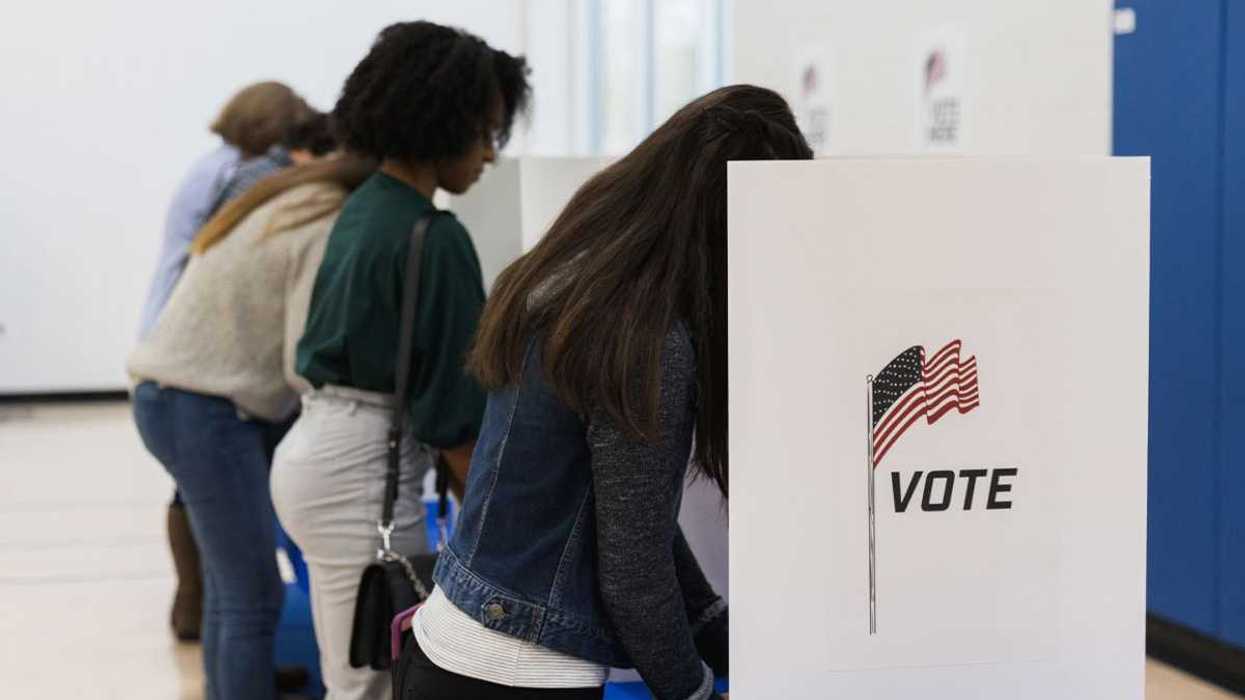 People voting. Photo credit:
People voting. Photo credit: 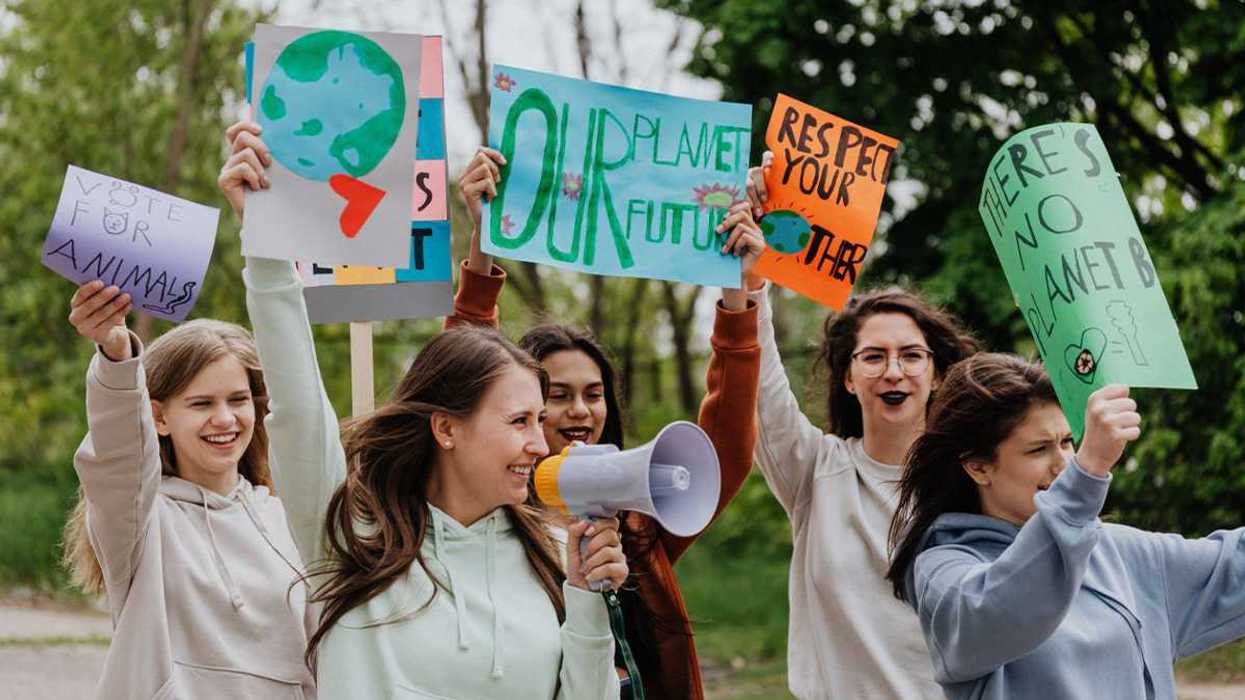 Young women rally. Photo credit:
Young women rally. Photo credit: 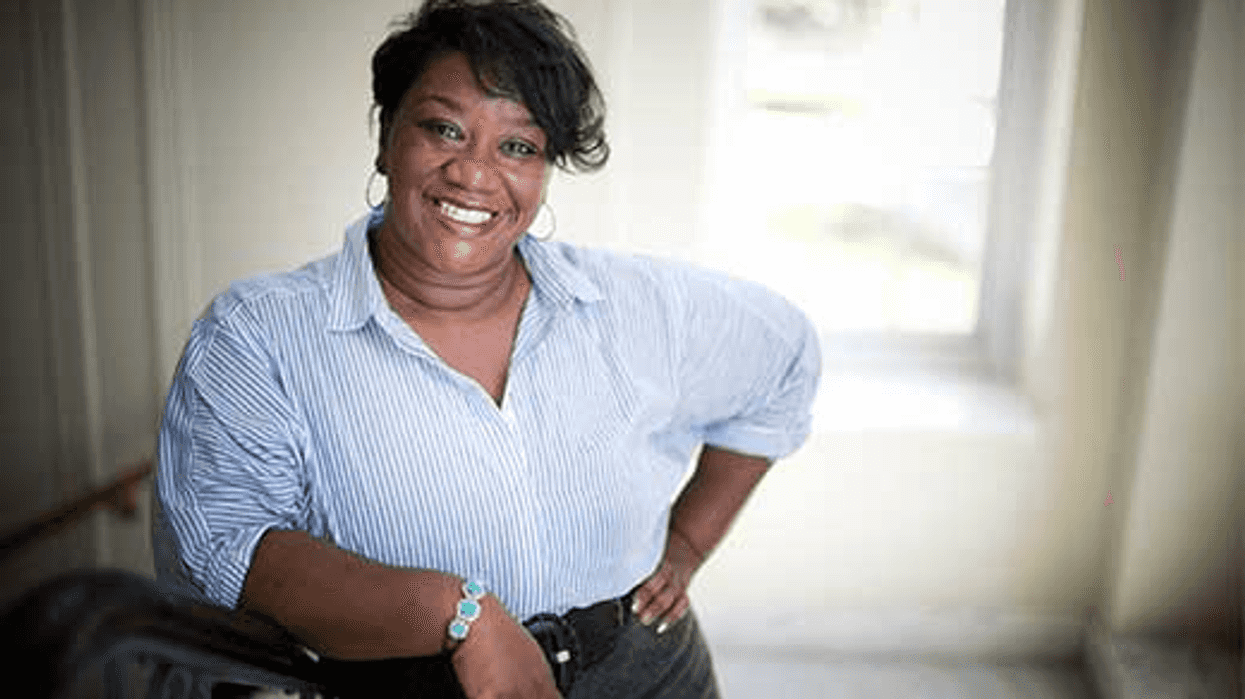 Tressie McMillan Cottom.Tressie McMillan Cottom/
Tressie McMillan Cottom.Tressie McMillan Cottom/ 
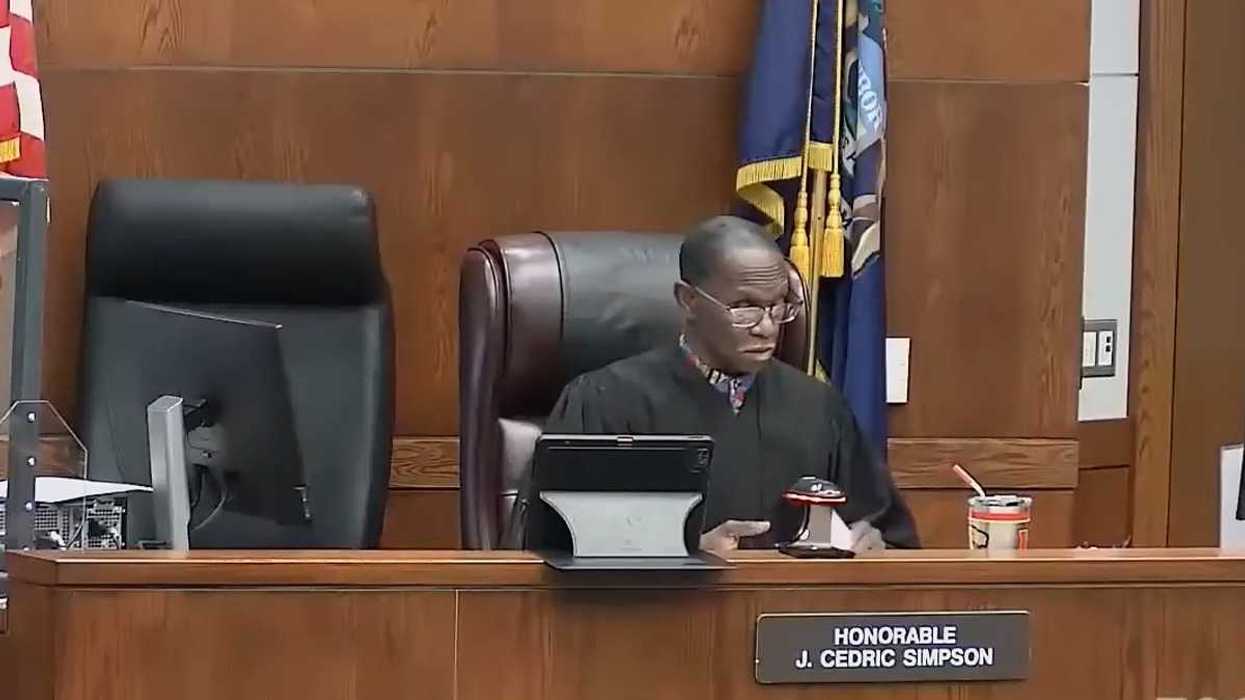 Honorable J. Cedric Simpson at work in the courtroom.Image from
Honorable J. Cedric Simpson at work in the courtroom.Image from 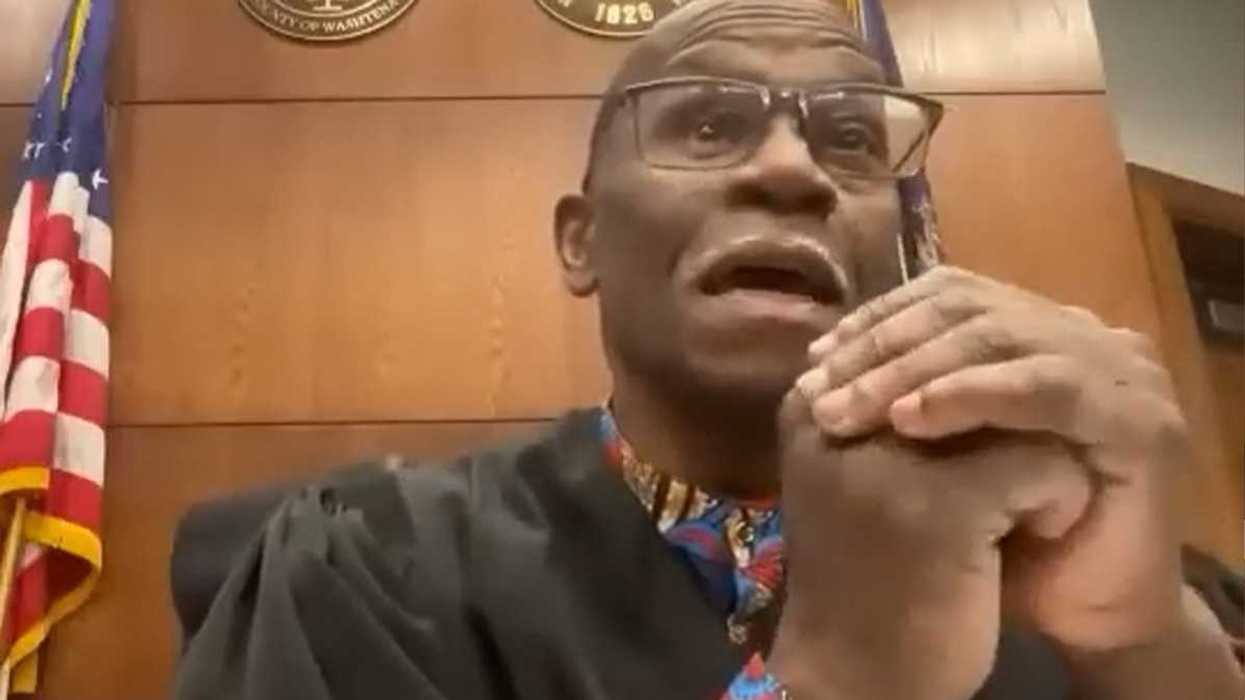 A close up of Judge Simpson.Image from
A close up of Judge Simpson.Image from 
 Siblings engaging in a pillow fightCanva
Siblings engaging in a pillow fightCanva